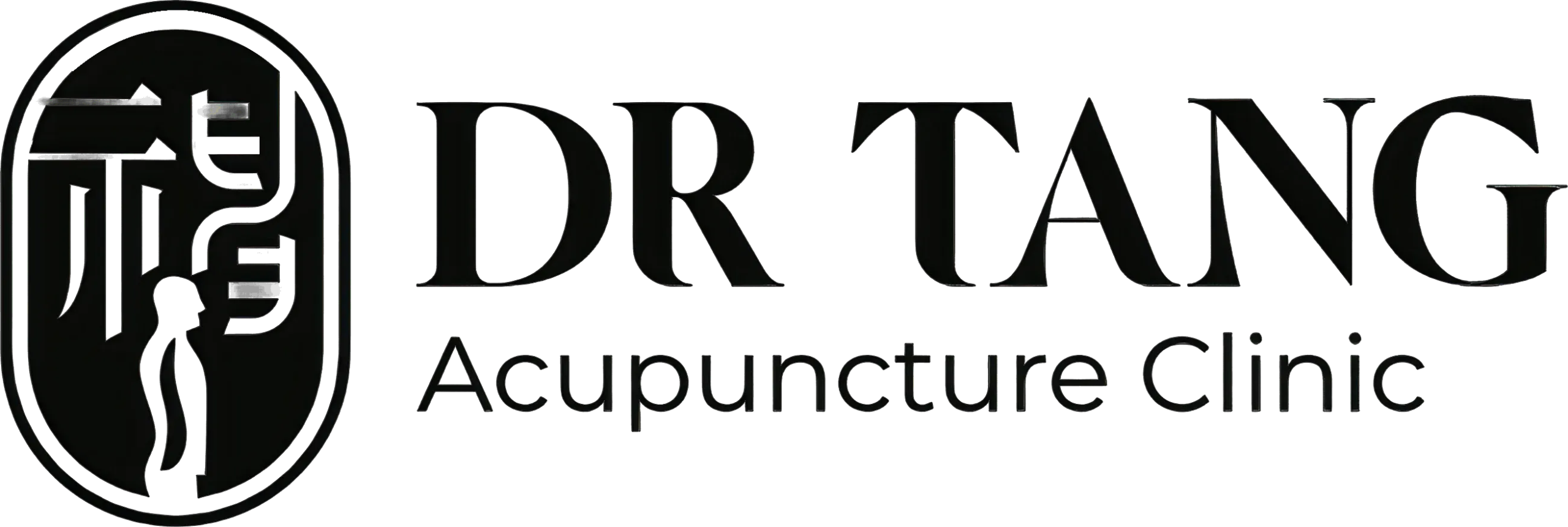Benefits of Acupuncture for Shoulder Pain with Dr. Tang in Dubai
Shoulder pain is a common issue that can severely affect daily life and overall well-being. Whether it’s due to injury, repetitive stress, or conditions like arthritis, finding effective relief is essential. Acupuncture, a time-honored practice rooted in Traditional Chinese Medicine (TCM), offers a compelling solution for managing shoulder pain. In this blog, we will discuss the benefits of acupuncture for shoulder pain, outline what to expect during a session, and provide tips for before and after treatment. Additionally, we’ll address some frequently asked questions to give you a comprehensive understanding of this treatment option.
Benefits of Acupuncture for Shoulder Pain with Dr. Tang in Dubai

Pain Relief
Acupuncture is widely recognized for its pain-relieving properties. By targeting specific acupoints, it stimulates the release of endorphins and other natural pain relievers, significantly reducing shoulder pain.
Reducing Inflammation
Inflammation often plays a major role in shoulder pain. Acupuncture helps decrease inflammation by encouraging the release of anti-inflammatory substances, facilitating the healing process and reducing discomfort.
Improving Mobility
Shoulder pain can limit your range of motion. Acupuncture relaxes tight muscles and enhances blood flow to the affected area, improving mobility and enabling a broader range of movement.
Promoting Healing
The improved blood circulation induced by acupuncture delivers vital nutrients and oxygen to the shoulder, accelerating the healing of damaged tissues and shortening recovery time.
Reducing Stress and Tension
Stress and tension can exacerbate shoulder pain. Acupuncture has a soothing effect on the nervous system, lowering stress levels and relieving muscle tension that contributes to pain.
Evidence and Studies Supporting Acupuncture’s Effectiveness
Numerous studies have validated acupuncture’s efficacy in pain management, including for shoulder pain. Research published in the Journal of Pain found that acupuncture significantly alleviated pain and improved functionality in patients with shoulder pain. Another study in the Annals of Internal Medicine concluded that acupuncture was more effective than sham treatments for chronic pain, including shoulder pain, underscoring its potential as a valuable treatment option.
What to Expect During an Acupuncture Session
Step-by-Step Guide on the Process of Receiving Acupuncture Treatment
Initial Consultation: Your first visit includes a detailed consultation where the acupuncturist gathers your medical history, discusses your symptoms, and evaluates your overall health.
Treatment Plan: Based on the consultation, Dr. Tang creates a personalized treatment plan tailored to your specific needs.
Acupuncture Session: You will lie comfortably on a treatment table. Dr. Tang inserts thin, sterile needles into specific acupoints on your body, including areas around the shoulder. You may feel a slight tingling or warmth, indicating that the treatment is working.
Relaxation Period: The needles are typically left in place for 20-30 minutes while you relax. Many patients find this time very calming and may even fall asleep.
Needle Removal: After the treatment period, Dr. Tang will carefully remove the needles.
Before and After Treatment Tips
Before Treatment:
- Stay Hydrated: Drink plenty of water before your session to help your body respond better to the treatment.
- Avoid Heavy Meals: Eat a light meal to avoid feeling sluggish or uncomfortable during the session.
- Wear Comfortable Clothing: Loose clothing allows easy access to acupuncture points.
- Avoid Stimulants: Refrain from consuming caffeine or alcohol before your session as they can affect your body’s response to treatment.
After Treatment:
- Rest and Relax: Allow your body time to rest and integrate the effects of the treatment.
- Stay Hydrated: Continue to drink plenty of water to help flush out any toxins released during the session.
- Avoid Strenuous Activity: Give your body a break from heavy exercise or physically demanding activities.
- Follow Up: Adhere to any follow-up recommendations from Dr. Tang to maintain the benefits of the treatment.
How many sessions will I need for shoulder pain?
The number of sessions required varies depending on the severity and cause of your shoulder pain. Generally, patients notice improvement after a few sessions, but chronic conditions may require more frequent visits.
Is acupuncture painful?
Acupuncture is generally not painful. Most patients report feeling a slight tingling or mild pressure when the needles are inserted. Any discomfort is usually minimal and short-lived.
Are there any side effects of acupuncture?
Side effects are rare but can include mild soreness, bruising, or slight bleeding at the needle sites. These effects are typically minor and resolve quickly.
Can I combine acupuncture with other treatments?
Yes, acupuncture can be used alongside other treatments such as physical therapy, medication, and lifestyle changes. It’s important to discuss your treatment plan with your healthcare provider.
How long do the effects of acupuncture last?
The duration of acupuncture’s effects varies among individuals. Some people experience immediate relief, while others may notice gradual improvements over several sessions. Regular follow-ups can help maintain the benefits.
What should I do if I feel sore after an acupuncture session?
Mild soreness is normal after an acupuncture session. Rest, hydration, and gentle stretching can help alleviate any discomfort. If soreness persists, consult Dr. Tang for advice.
Is acupuncture safe for everyone?
Acupuncture is generally safe for most people. However, it’s essential to consult with a licensed acupuncturist and disclose your full medical history to ensure it’s appropriate for your condition.
Conclusion
Acupuncture offers a range of benefits for managing shoulder pain, from pain relief and reduced inflammation to improved mobility and stress reduction. Supported by numerous studies, acupuncture has proven to be an effective complementary treatment option for those suffering from shoulder pain. If you are struggling with shoulder pain, consider exploring acupuncture with Dr. Tang in Dubai as a safe and holistic approach to relief. By following the tips for before and after treatment and addressing any questions you might have, you can embark on a path to improved health and well-being. Take the first step towards a pain-free life and schedule your acupuncture appointment with Dr. Tang today.
